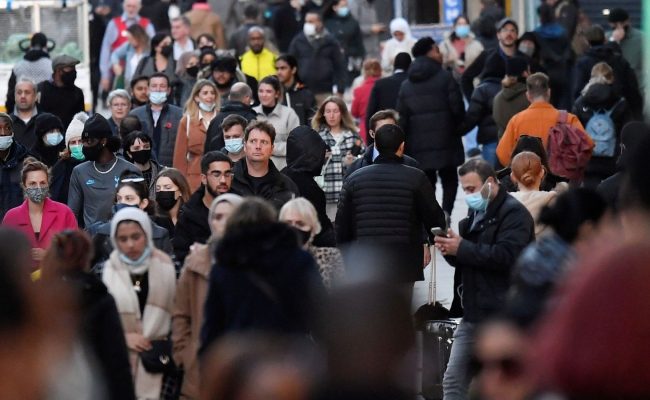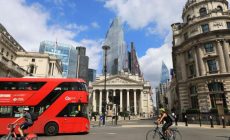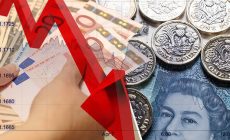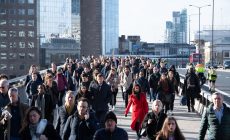UK economy grew more slowly than expected in July
- Posted on
- Comment

The UK economy grew by 0.2% in July, according to official data, following a sharp drop in the previous month.
The Office for National Statistics said the services sector was the biggest contributor to growth, helped by the UK hosting the Women’s Euro Championship.
However, while the economy expanded in July, the growth was slower than the 0.3% expansion analysts had expected.
Gross domestic product (GDP) fell in June due to the extra bank holiday for the Queen’s Jubilee.
GDP – which measures all the goods and services produced by the UK – fell by 0.6% in June because of two fewer working days.
Analysts have said the bank holiday for Queen Elizabeth’s state funeral on 19 September, as well as the 10 days of national mourning, could impact economic growth and push the UK into recession sooner than expected.
Last month, the Bank of England said it expected the UK to fall into recession at the end of this year.
A recession is defined as two consecutive quarters, or three-month periods, of shrinking output. Between April and June, the economy contracted by 0.1% compared with the previous quarter.
Sport and cars boost July
In July, the economy was helped by the Women’s Euro Championships, which was won by England, and the the Commonwealth Games. Second-hand car sales were also strong.
However, there was evidence elsewhere that consumer spending remained under pressure because of rising prices, as inflation reached a four decade high of 10.1% in July.
The ONS said that between May and July, economic growth was flat compared with the previous three months.
The production and construction sectors both shrank in July. Production was hit by a fall in demand for energy such as electricity.
The ONS said that while this may have been due to “higher than usual temperatures”, anecdotal evidence suggested “that there may be some signs of changes in consumer behaviour and lower demand in response to increased prices”.
Jake Finney, economist at the accountancy firm PwC, said that although the economy grew in July, he now expects a contraction in the third quarter which runs between July and September.
“This would mean that the UK enters a technical recession for the first time since lockdown restrictions ended,” he said.
-BBC










 (Selorm) |
(Selorm) |  (Nana Kwesi)
(Nana Kwesi)